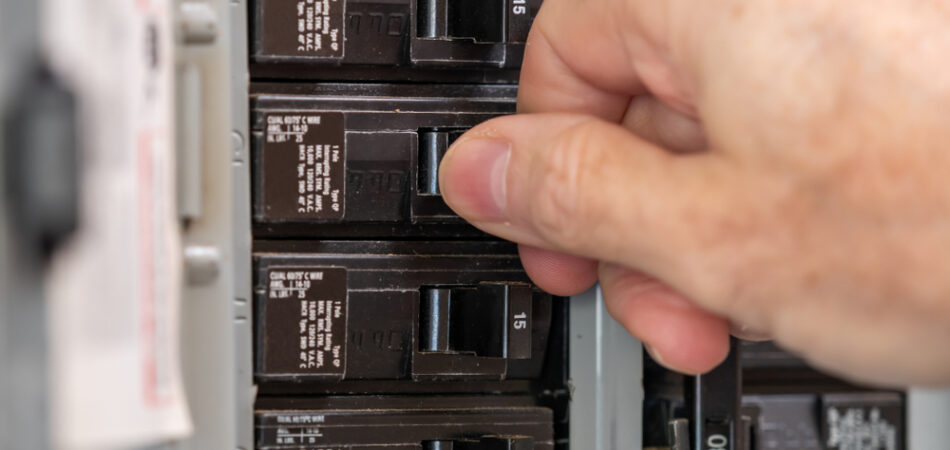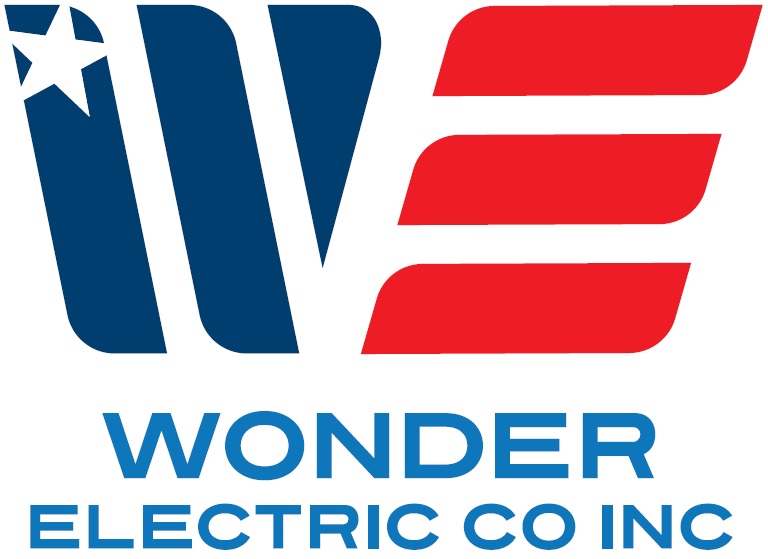
Electricity powers our homes, running through a network of intricate systems designed to deliver power safely and efficiently. At the heart of this system is the electrical panel, a crucial component that regulates and distributes electricity throughout your home. Understanding how your home electrical panel works is essential for ensuring safety, efficiency, and proper maintenance. This comprehensive guide aims to demystify electrical panels, empowering homeowners to make informed decisions about their electrical systems.
What is an Electrical Panel?
The electrical panel, also known as a breaker box or distribution board, is the central hub where electricity from the utility company enters your home and is distributed to various circuits. It contains circuit breakers or fuses that trip or blow if there is an overload or fault in the electrical system, preventing electrical fires and protecting your appliances and devices.
Components of an Electrical Panel
- Main Breaker: This large switch controls the flow of electricity from the utility company into your home. It can shut off all power in case of emergencies or maintenance.
- Circuit Breakers: These smaller switches control the flow of electricity to individual circuits throughout your home. Each breaker is rated for a specific amperage and protects the wiring and devices on that circuit.
- Bus Bars: These metal bars distribute electricity from the main breaker to the individual circuit breakers. There are typically two bus bars in a panel—one for the neutral wire and one for the hot wire.
- Grounding Bar: This bar connects the grounding wires from each circuit and provides a path to safely dissipate excess electrical current in case of a fault.
- Neutral Bar: Also known as the neutral bus, this bar connects all the neutral wires from the circuits. It provides the return path for electrical current to complete the circuit.
Types of Electrical Panels
Electrical panels come in several types, each designed for specific electrical needs and safety standards:
1. Main Breaker Panels
Main breaker panels have a built-in main breaker that controls the entire electrical supply to the house. They are commonly used in modern homes and are located near the point where the electrical service enters the house.
2. Main Lug Panels
Main lug panels do not have a main breaker and are fed directly from a main breaker in a separate disconnect. They are commonly used as subpanels to distribute power to specific areas of the house, such as a garage or addition.
3. Fuse Boxes
Older homes may have fuse boxes instead of circuit breakers. Fuses serve the same purpose as circuit breakers but must be replaced when blown. Fuse boxes are less common today due to the convenience and safety features of circuit breakers.
Understanding Circuit Breakers
Circuit breakers are critical components of your electrical panel, designed to protect your home from electrical overloads and faults. Here’s how they work:
- Tripping Mechanism: Circuit breakers trip (or switch off) when they detect an overload (too much current), a short circuit (a direct path to ground), or a ground fault (current leaking to ground).
- Types of Circuit Breakers: There are several types of circuit breakers:
- Standard Breakers: Protect standard household circuits.
- Arc Fault Circuit Interrupters (AFCIs): Detect and mitigate arc faults, a leading cause of electrical fires.
- Ground Fault Circuit Interrupters (GFCIs): Protect outlets in areas prone to moisture, such as bathrooms and kitchens.
- Dual Function Circuit Interrupters (DFCIs): Combine AFCI and GFCI protection in one device.
- Resetting Circuit Breakers: After a trip, circuit breakers can be reset by flipping the switch back to the “on” position. However, frequent trips may indicate underlying electrical issues that require professional attention.
Maintaining Your Electrical Panel
Regular maintenance ensures your electrical panel operates safely and efficiently:
- Visual Inspection: Periodically inspect your panel for signs of damage, rust, or corrosion.
- Keep Clear: Maintain clear access around your panel and avoid storing items nearby.
- Upgrade as Needed: Older panels may not meet current safety standards. Consider upgrading to ensure safety and reliability.
Signs of Electrical Panel Problems
Recognizing warning signs can prevent electrical hazards:
- Frequent Circuit Breaker Trips: Indicates overloaded circuits or faulty breakers.
- Electrical Shocks or Sparks: Indicates a serious electrical issue that requires immediate attention.
- Warm Electrical Panels: Could indicate overloaded circuits or poor connections.
When to Call a Professional
While some maintenance tasks can be performed by homeowners, electrical work can be dangerous. Call a licensed electrician if you notice:
- Frequent Electrical Issues: Continual circuit breaker trips or power surges.
- Buzzing Sounds: Could indicate loose connections or faulty breakers.
- Outdated Panels: Panels installed before current safety standards.
Upgrading Your Electrical Panel
Upgrading your panel may be necessary to accommodate increased electrical demands:
- Renovations: Adding new appliances or rooms may require additional circuits.
- Safety Upgrades: Updating to AFCI or GFCI breakers enhances safety.
- Increasing Capacity: Older panels may not meet modern electrical needs.
Conclusion
Understanding your home electrical panel is essential for maintaining a safe and efficient electrical system. By knowing how it works, recognizing warning signs, and conducting regular maintenance, homeowners can ensure their electrical panel meets current safety standards and operates reliably for years to come. When in doubt, always consult with a licensed electrician to address any electrical concerns or upgrades. A well-maintained electrical panel not only protects your home but also provides peace of mind knowing your electrical system is safe and efficient.
